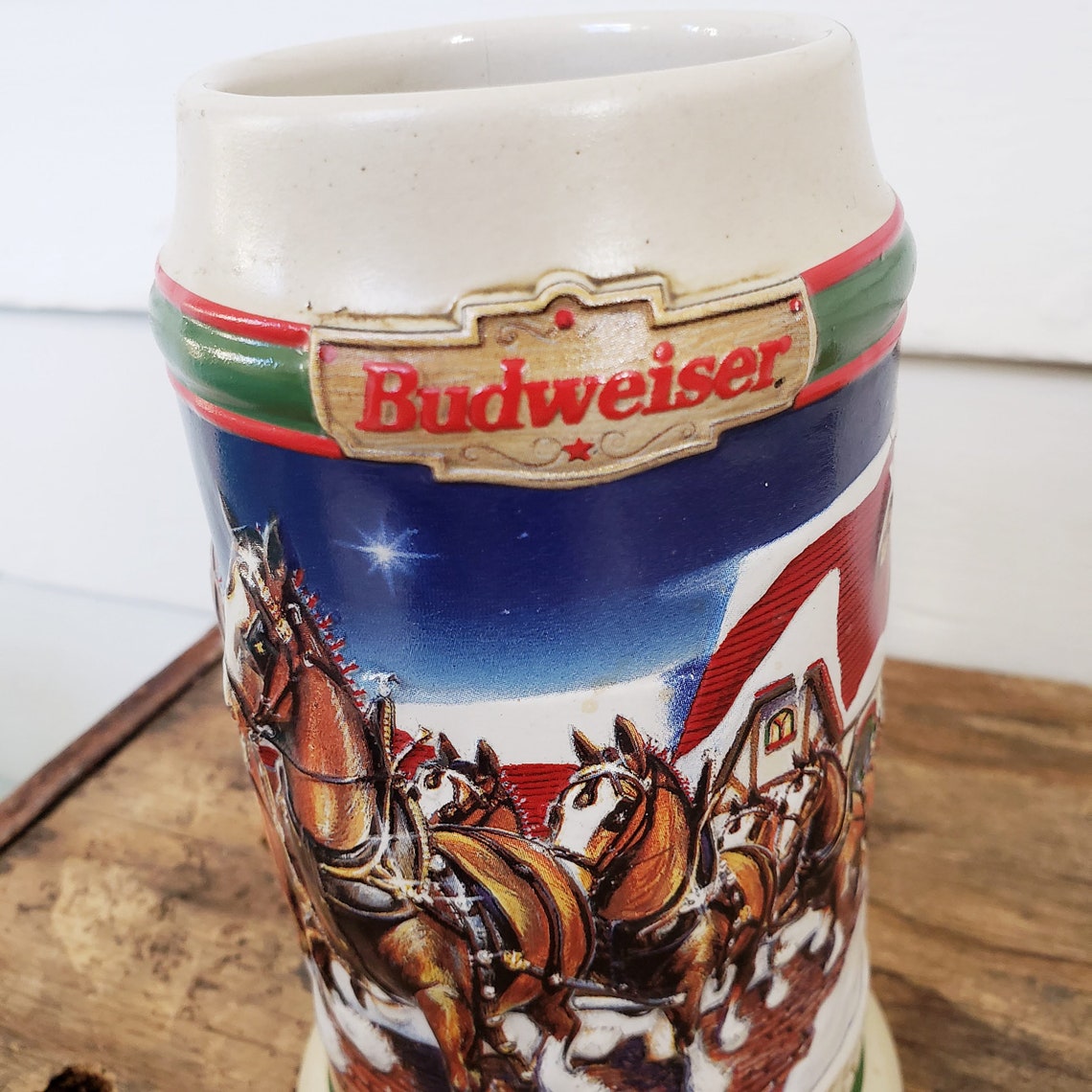
Hobby farm grants mac#
Secondary market residential investors such as Fannie Mae and Freddie Mac will generally reject rural properties with agricultural characteristics.īrokers interested in originating loans on these properties will need to seek out lenders that offer affordable, 15- or 30-year fixed-rate products. There are financing challenges to overcome on this type of property, which straddles the line between residential home and commercial enterprise. Small farms that are in business should be prepared to prove their business operations and income as not to miss out on being designated as a hobby farm and therefore missing out on tax benefits.
Hobby farm grants code#
tax code explains the details of tax allowances for hobby farms. Some people have claimed hobby farms as tax shelters by people looking to avoid paying taxes on pastoral spreads, horse shelters, and ranches that they maintain for enjoyment. Internal Revenue Service disqualifies hobby farms from receiving tax breaks earmarked for small-farm owners.

There is something important to know about launching a hobby farm. There are no hard-and-fast rules as to what constitutes a farm, so hobby farmers have a lot of wiggle room.Ĭlick here to get a Hobby Farm Loan. The choice to run a hobby farm is really all about what you feel fits your goals best and describes what you’re doing accurately. There’s a blending of motives and means where a hobby farmer is not very far from a homesteader at times. In this case, it really depends on how the individual farmer identifies. She may also want to have a small budget for investing in farm implements, animals, and infrastructure. A hobby farmer may want to be able to maintain the farm with just a part-time job so that she can spend most of her hours farming. With hobby farming, there can be some overlap with homesteaders it’s really a spectrum. The farm may add value to their homes, so minimal upkeep is all they need to retain that value. They may be very content to continue their jobs and farm on the weekends or to use their retirement income to invest lavishly in the farm animals they choose to keep. But compared to homesteaders, hobby farmers typically aren’t driven by the primary goal of self-sufficiency. Hobby farmers may have a lot of money to invest in their farming endeavors, or they may only have a little and be operating on a shoestring budget. So if one season’s yield isn’t favorable, it is considered more of a disappointment rather than a financial loss. Whatever the source, the point is that the farm does not have to make money - it can be engaged in on a hobby level. The owner or owners of a hobby farm typically have a main source of income, like an off-farm job, a pension or retirement income, or perhaps a trust fund. Small-scale farm that is primarily for pleasure instead of being a business venture.

But the basic idea is that a hobby farm is a

A hobby farm can have different definitions.


 0 kommentar(er)
0 kommentar(er)
